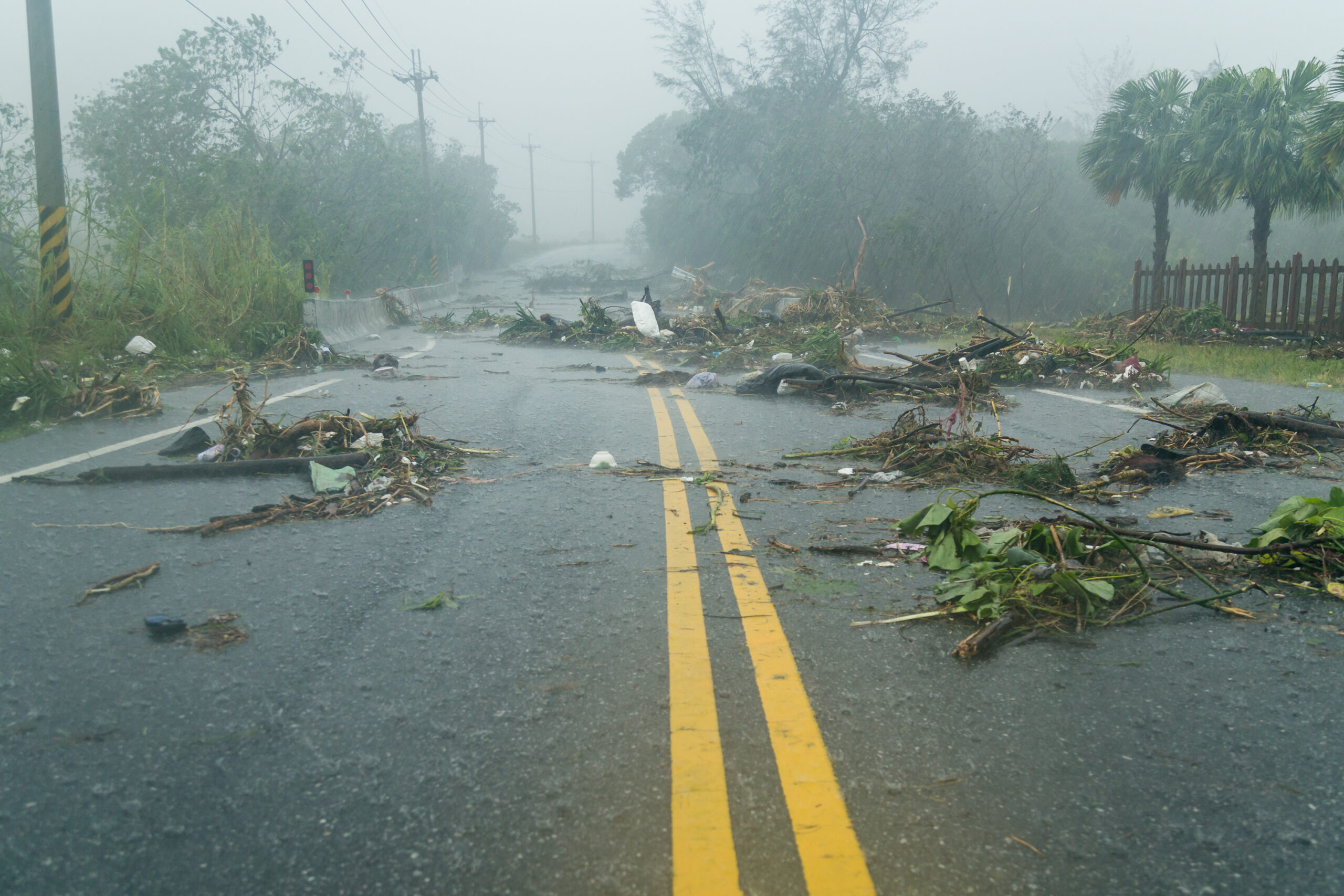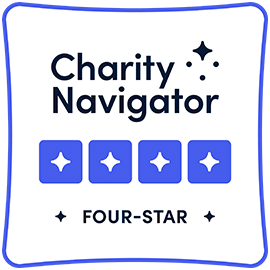Promoting Mental Health and Resilience during COVID-19
Originally posted by NBNA as a part of our partnership to combat COVID-19.
At the very start of the COVID-19 pandemic, we can all remember the “cabin fever” that started to set in after a few weeks of being cooped up in the house and only seeing friends and family members through virtual meeting platforms or distanced “hellos” behind a mask. This “cabin fever”, though aggravating, is an emotional response to the immediate reduction in day-to-day human interactions.
However, for much of the population, this simple cabin fever caused many more adverse effects. At the height of the lockdowns during COVID-19 we saw rates of depression triple among adults as well as an increase in anxiety, trauma, stress-related symptoms, substance use, and suicidal thoughts throughout the adult population. We have seen an increase of virtual assistance from therapists and doctors to help. These virtual therapy meetings help many but do not reach all.
When looking at the larger population, many adults dealing with mental health are facing financial insecurity. ALICE, an acronym for Asset Limited, Income Constrained, Employed, is a new way of defining and understanding the struggles of households that earn above the Federal Poverty Level, but not enough to afford a bare-bones household budget. This population is often dealing with stress induced anxiety under the extreme circumstances of financial, safety and health concerns. And unfortunately, this population has low rates accessing aid in health care due to barriers in proximity, cost, and Medicare/Medicaid coverage gaps.
ALICE families face tough choices when they do not have enough income or assistance to afford basic necessities. The coronavirus pandemic has exacerbated and shifted the challenges and risks to a family’s immediate health, safety, and financial stability. With barriers to mental health access, we can predict seeing increased rates of mental illness in households and the younger population that threaten not only the economic situation in the US but the social aspects as well.
In order to devise a solution, it is important to work directly with the populations who are being most affected by the lack of access to healthcare. A few ways we can do this is by:
- Addressing Mental Health Stigma: We can start to address the stigma surrounding mental health by including in our everyday conversations and talking about your mental health with a family member, friend, or teacher that you trust. It’s also important to listen to others and support them when they come to you. Starting the conversation surrounding mental health in schools is equally as important as starting them at home. Introducing mental health awareness within school programs can help students feel more comfortable discussing it with their friends and parents – and they’ll take these habits into adulthood. Our health outcomes will benefit as we become more comfortable discussing mental health.
- Increased Messaging: We must identify ways to continuously and effectively promote resources for health, education, and financial stability to this community. This strategy will be different depending on each community and their needs, but every community should increase their messaging and ensure their efforts meet each person where they are.
- Surveys: The best way to identify and fix a problem is going directly to those it affects. By introducing or increasing surveys within ALICE communities, we will get to the root of the problems they face rather than just applying a Band-Aid. Introducing in person surveys in a door-to-door approach or at common gathering places such as supermarkets allots for maximum exposure to the issues that are most affecting a community. Introducing individual surveys within schools can also help to provide input from younger populations.
- Evaluating Outcomes: Outcomes or impact evaluations should be built into program design. However, even when evaluations are not built into program design, evaluations should be carefully planned and thought out to ensure that the evaluation is properly resourced, the questions and methods are culturally appropriate, and the process is locally acceptable and appropriate.
Implementing these solutions will allow local and federal governments to be better equipped to address issues, both on a community-by-community basis and through larger, intentional investments in mental healthcare infrastructure. Visit United For ALICE to find resources to track the pandemic’s impact on the six essential areas of a household budget — housing, childcare and education, food, transportation, health care, and technology — as well as on jobs and income.






